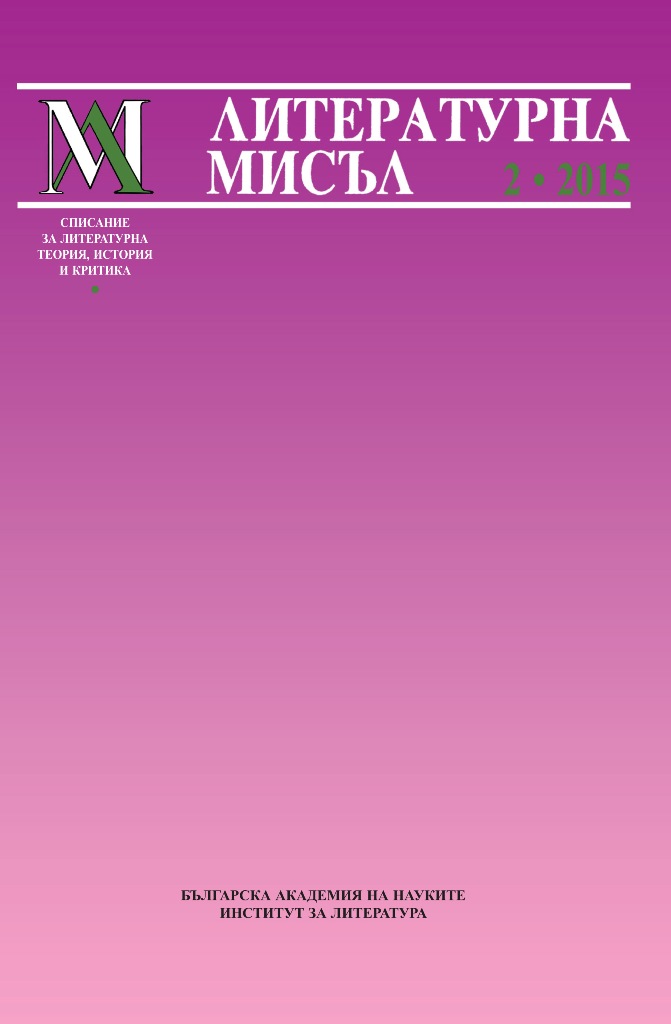Колективна памет и културна идентичност
Collective Memory and Cultural Identity
Author(s): Jan AssmannSubject(s): Anthropology
Published by: Институт за литература - БАН
Keywords: communicative memory; cultural memory; identity
Summary/Abstract: Like consciousness and language, human memory is acquired through communication, socialization, and acculturation. It is, therefore, about both one’s brain and one’s social and cultural relations and comprises three dimensions: the personal, social, and cultural. Human memory is “embodied” in living personal memories and “embedded” in social frames and external cultural symbols (e.g., texts, images, and rituals) that can be acknowledged as a memory function insofar as they are related to the self-image or “identity” of a tribal, national, and/or religious community. Whereas the social or “collective” memory comprises knowledge commonly shared by a given society in a given epoch, cultural memory in literate societies includes not only a “canon” of normative knowledge but also an “archive” of apocryphal material that may be rediscovered and brought to the fore in later epochs. The formation of a canon of “classical” or sacred texts requires techniques of interpretation to keep accessible the meaning of the texts that may no longer be altered or multiplied. At that stage of cultural evolution, cultural memory changes from ritual to textual continuity. Cultural memory becomes complex, splitting into the “classical” and the “modern,” the “sacred” and the “secular.”
Journal: Литературна мисъл
- Issue Year: 2015
- Issue No: 2
- Page Range: 3-12
- Page Count: 9
- Content File-PDF

